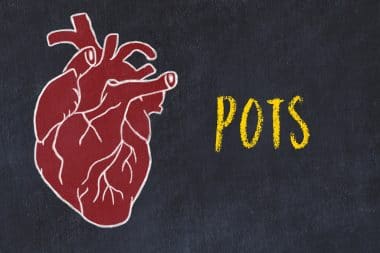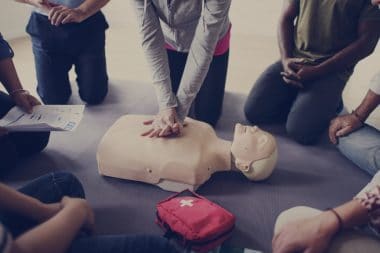If you’ve been around exercise for any length of time, the term “heart rate” is probably a familiar one. However, what it is and how it works may not be. However, if you plan to improve your health, understanding your heart rate is a good place to start.
Heart Rate
Your heart rate, or pulse, is the speed of the hearbeat measured by the number of heartbeats per minute (bpm). The speed can vary for a number of reasons:
- Sleep
- Physical exercise
- Anxiety
- Stress
- Illness
- Ingesting
- Drugs
A normal resting adult heart rate ranges from 60-100 bpm. A slow heart rate, called Bradycardia, is anything below 60bpm. A fast heart rate, called Tachycardia, is anything above 100 bpm. And an irregular pattern, despite the rate, is called an arrhythmia.
Heart rate abnormalities can be cause few symptoms or more serious ones, such as:
- Lightheadedness
- Dizziness
- Fainting
Understanding and being able to assess your own heart rate is important. It is the best indicator of how hard and effectively you are exercising. In order to get the most out of your workouts, you should ideally keep your heart bpm in the recommended range for your age and weight.
HealthStatus understands the details of getting healthy. To learn more about this and other ways you can easily improve your health, check us out today!







